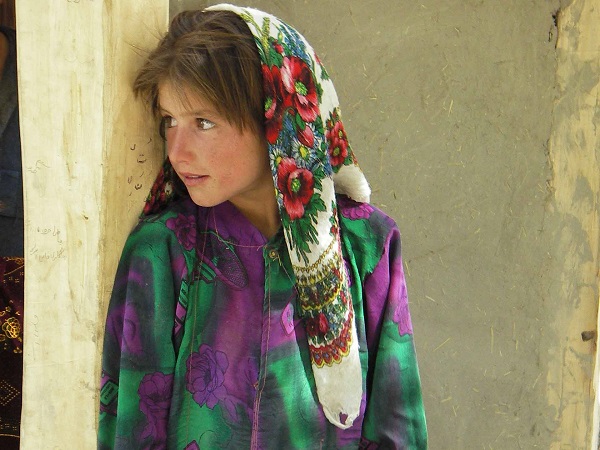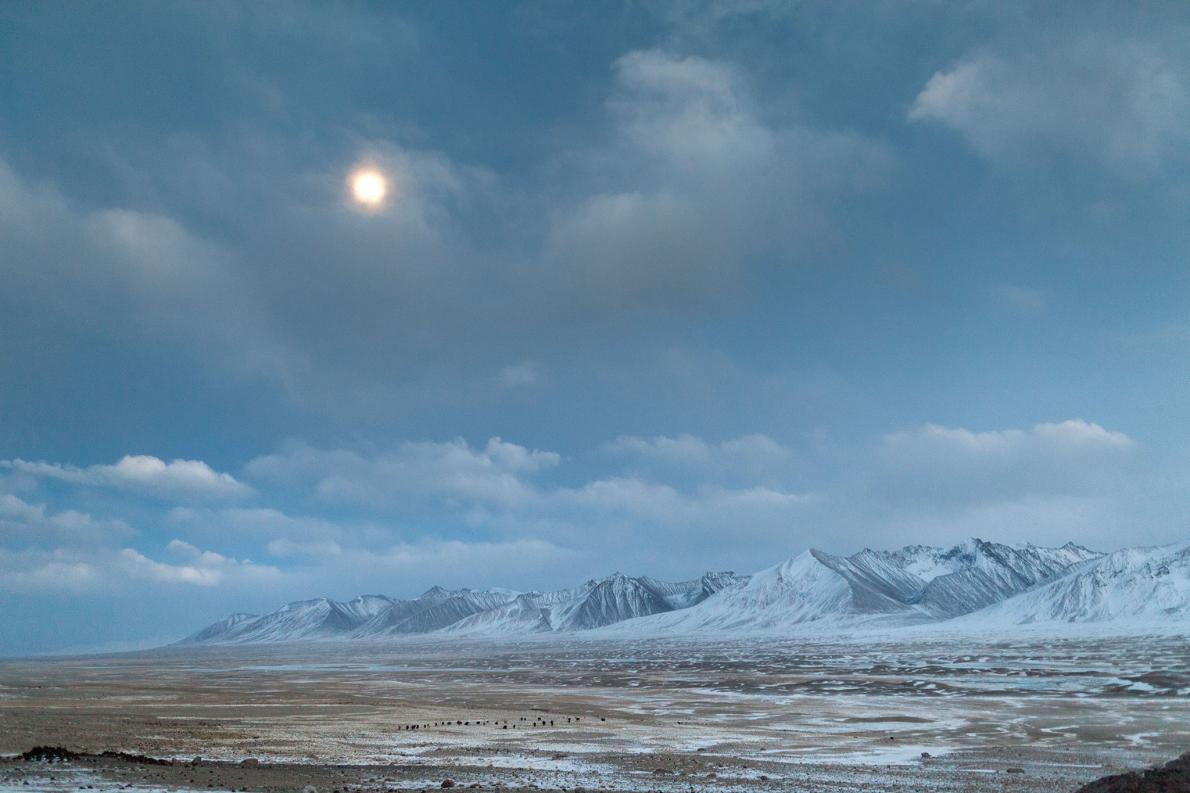Apply now to join our next cohort of Community Science Fellows and Community Leads!

Farmers and herders in the Pamir Mountains have used calendars based on historical climate cues for centuries – but climate change had reduced their accuracy. Communities here worked with Thriving Earth Exchange to apply both traditional and scientific knowledge to adapt the calendars, making them useful tools once more.
Thriving Earth Exchange worked with Dr. Karim Aly-Kassam to crowdsource ideas for updating Indigenous calendars, in partnership with MIT’s Climate Colab.
The team facilitated a day-long workshop with the contest winners to develop a comprehensive and integrated approach to adapting the calendars. The work plan connected “cues” or action points in traditional calendars to underlying bioclimatic variables, then used climate models to predict changes in those variables.
Working with local knowledge holders, the team used predicted changes in bioclimatic variables to modify, reorder, and create new cues in the calendars.
Thriving Earth Exchange supported two proposals, including one which received funding from Cornell University. Thriving Earth Exchange provided ongoing feedback and guidance on project development and connections to potential funders.
Click here to learn more about Dr. Karim Aly-Kassam and for information on current activities.
In the Pamir Mountains, which span the border between Afghanistan and Tajikistan, small-scale farmers and herders are key food producers. Traditionally, they have used calendars based on historical climate cues, such as first budding of a plant or the last day of snow cover, to anticipate weather patterns and coordinate planting and harvesting with seasonal cycles. These ecological calendars vary from valley to valley because they are well-tuned to small-scale elevation and geographic differences. As a result of colonialism and conflict throughout the twentieth century, ecological calendars fell out of use.
This project used both traditional and scientific knowledge to adapt the calendars for the rapidly changing climate in the region, and make them useful tools for local residents. More generally, this approach to ecological calendars provide a way to turn Earth and space science into actions that can enhance food security and overall resilience.

A yak herd crosses the high-altitude plateau of the Little Pamir Mountains, on the borders of China, Tajikistan, and Pakistan. Photo courtesy of Matthieu Paley
National Geographic took an interest in TEX’s project with the Pamir Mountains, and has recently published an article on Dr. Karim-Aly Kassam’s work with the region’s ecological calendars. Read more here!
Dr. Karim-Aly Kassam is International Professor of Environmental and Indigenous Studies in the College of Agriculture and Life Sciences at Cornell University. He is Associate Professor in the Department of Natural Resources and the American Indian Program.
Thriving Earth Exchange and MIT’s Climate CoLab work together to host online discussions and build collaborations that advance community science.
(c) 2024 Thriving Earth Exchange